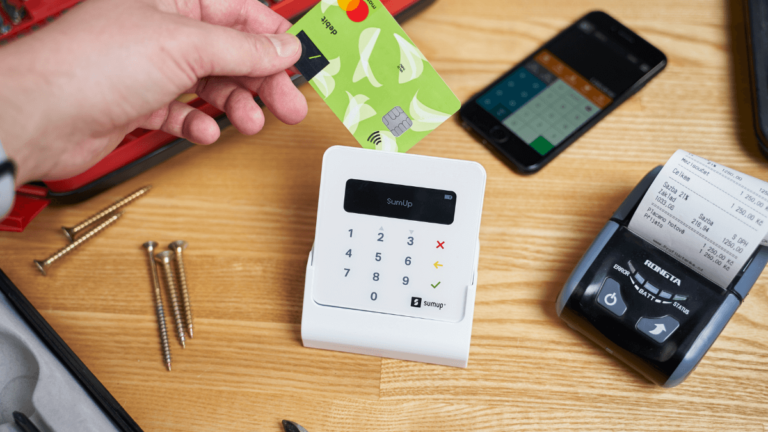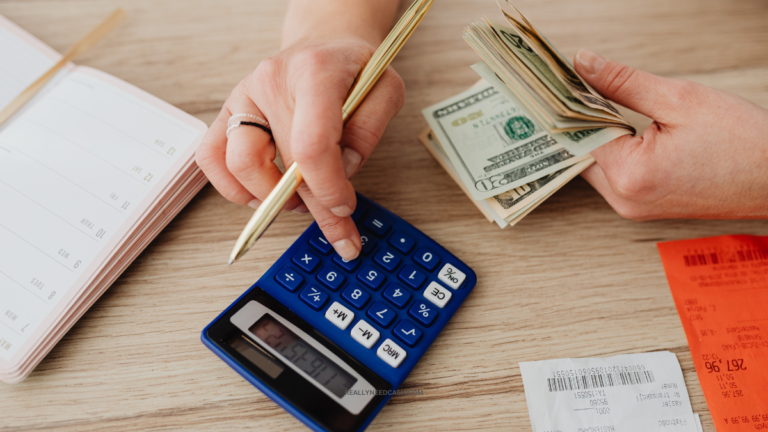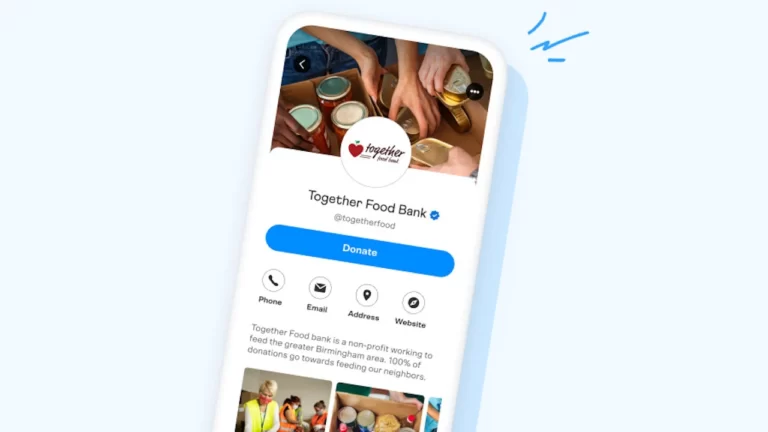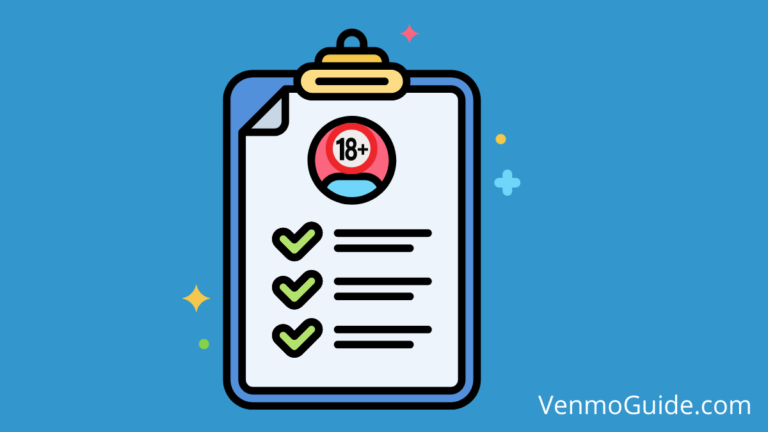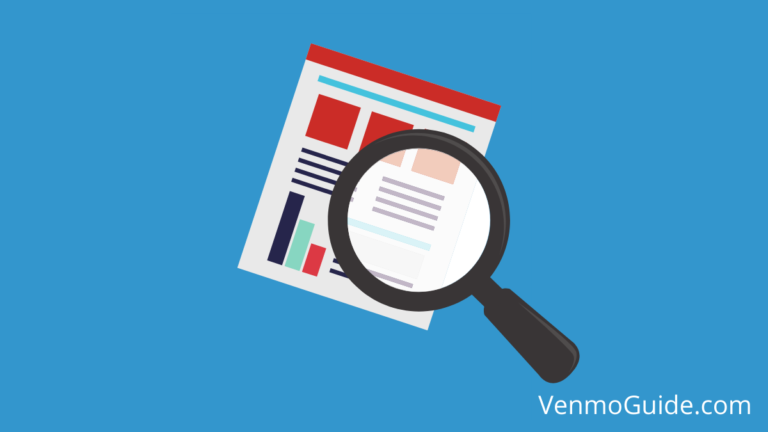Why Is Someone Asking for My Email for Venmo?
If someone is asking for your email for Venmo, it could be for several reasons:
- Sending Money: They may want to send you money via Venmo, as you need an email associated with your account to receive payments.
- Account Verification: They might be trying to verify your identity if you are engaging in a transaction.
- Account Linking: They may need your email to help link their Venmo account to yours for easier transactions.
- Scam Attempt: Be cautious, as this could also be a phishing attempt. Never share personal information unless you are sure of the requester’s identity.
Always verify the reason and the identity of the person asking before providing your email.
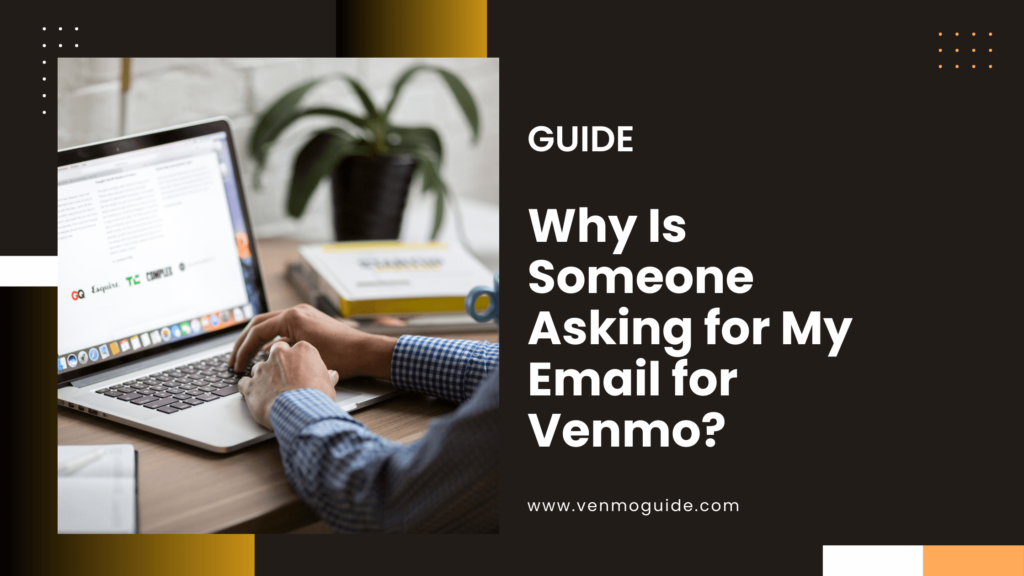
Purpose of Email Verification
Venmo may request your email address to link your account securely. This step helps validate your identity, ensuring that only you have access to your account. It reduces the risk of fraud or unauthorized transactions.
By verifying your email, you can receive important notifications about your transactions. These include payment confirmations, pending requests, and security alerts. Using your email creates a reliable way for Venmo to communicate with you about your funds.
Venmo’s Email Usage
In the Venmo ecosystem, your email serves several specific roles. While you can receive money using your Venmo username or phone number, your email can be a backup option.
Venmo uses your email to send essential information like payment updates, promotional offers, and tips on privacy settings. Being aware of your email activity can help you spot any suspicious messages or scams. If a sender asks for your email but seems shady, always double-check before sharing any information.
Stay vigilant, and make sure you only share your email with trusted contacts. This will help keep your transactions secure and protect your privacy.
Recognizing and Avoiding Scams
It’s important to recognize the signs of Venmo scams and take steps to protect yourself. Knowing common scams and practicing safety can help you avoid falling victim to fraud.
Identifying Common Venmo Scams
Be aware of the different types of Venmo scams. Here are some common ones to watch for:
Phishing Emails: Scammers may send fake emails that look like they come from Venmo. Check the sender’s email address carefully. If it seems unusual, don’t click any links.
Fake Invoices: Some scammers send fake invoices claiming that Venmo is holding your funds. Always verify transactions directly in the Venmo app.
Job Scams: You may receive messages from fake employers asking you to send money. Legitimate job offers won’t require you to pay upfront for equipment or training.
Best Practices for Online Safety
To keep your Venmo account secure, follow these tips:
Use Strong Passwords: Create a unique password that is hard to guess. Include numbers, letters, and symbols to increase security.
Enable Two-Factor Authentication: This adds an extra layer of security, requiring you to verify your identity when logging in.
Review Your Transactions: Regularly check your transaction history. Report any suspicious activity immediately.
Be Cautious with Links: Avoid clicking on links in emails or messages unless you are sure they are legitimate.
Educate Yourself: Stay informed about the latest scams. Knowledge is a powerful tool in preventing fraud.
Protecting Your Account
Taking steps to secure your Venmo account is essential for privacy and fraud protection. By enhancing your security settings and responding to suspicious activity, you can protect your personal and financial information from potential threats.
Enhancing Security Settings
Start by setting a strong, unique password for your account. Avoid using easily guessed information, like birthdays or common words. Opt for a mix of letters, numbers, and symbols.
Next, enable two-factor authentication (2FA). This adds an extra layer of security by requiring a code sent to your phone whenever you log in. Check your privacy settings regularly to control who can see your activity and who can send you requests.
Additionally, always use the official Venmo app or website for transactions. Stay wary of third-party apps that may compromise your account. Keeping your app updated ensures you have the latest security features.
Responding to Suspicious Activity
Be alert to any unusual messages or requests. If someone asks for your email or personal information under strange circumstances, do not provide it. Report suspicious communications to Venmo immediately.
If you notice unauthorized transactions, promptly change your password and contact Venmo support. Always verify transaction details before sending money, especially with invoices.
Educating yourself about common scams, like fake invoices or phishing emails, can help prevent fraud. If you’re unsure about any request, it’s better to take a step back and assess the situation. Maintaining a cautious mindset is key to protecting your account.

